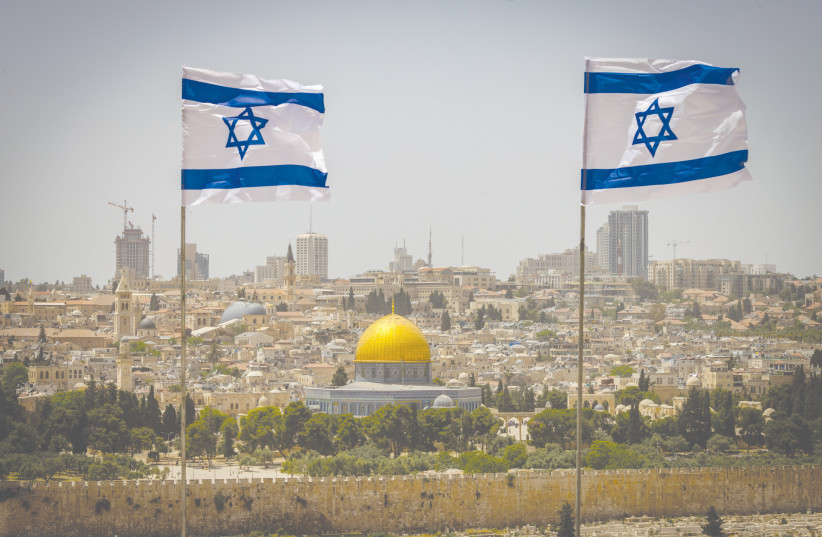Moroccan king’s call for Jerusalem as PA capital caused deadly earthquake, rabbi says
An Israeli municipal rabbi has proposed an unconventional theory, in an op-ed, linking the recent earthquake in Morocco to a remarkable political statement about Israel and the Palestinians. Rabbi Moshe Elcharar, the rabbi of Shlomi’s local council, wrote an op-ed, published by the Srugim news site, and suggested a theory that revolves around the Moroccan king’s audacious demand that Jerusalem become the capital of a future Palestinian state.
Elcharar’s theory gained momentum when he pointed out that just two months ago, “King Mohammed VI of Morocco recently made a bold statement, just a few months ago, asserting that Jerusalem should become the capital of the Palestinians. Almost immediately after his statement, significant regions experienced severe disturbances and collapses.”
The Rabbi explains further
He further explained: “We find ourselves currently in the midst of the Sukkot holiday, yet the atmosphere in Morocco is still shaken due to recent earthquakes. This article raises the question of whether King Mohammed VI of Morocco should seek repentance in the face of a devastating earthquake in his country,” he wrote.
He added: “One of the revered rabbis I greatly admire, a prominent figure, shared insights on how to relate the earthquake, Jerusalem, and whether he articulated such notions,” Elcharar wrote. “His response was, ‘We cannot attribute any event solely to one cause.'”

He continued: “King Mohammed VI, currently in ill health, has reportedly appointed his son, a move that signals a less favorable stance toward Jews compared to his father’s approach. It’s essential to note that there’s no comparison to the relationship forged by his predecessor, Hassan II, who recognized that a positive relationship with Jews was essential for the future of his Moroccan kingdom.”
“The core question we must address is whether the Moroccan earthquake was solely a geological phenomenon, such as tectonic plate movements, which occur in various parts of the world, including the Syrian-African Rift. Can we draw a connection between our explanations regarding the relations of nations to the people of Israel and the crises unfolding in different parts of the world, particularly what transpired in Morocco?”
He quoted an ancient rabbi, who raises the provoking question: “Does the earthquake serve as a divine response to the king’s proclamation, or is it purely a geological event?”





Comments are closed.